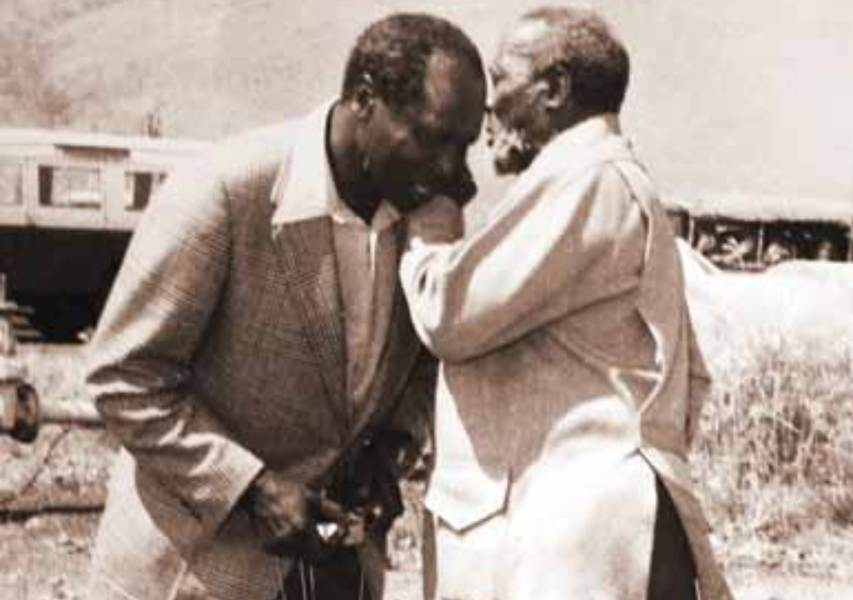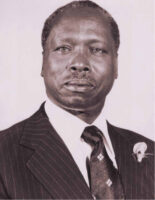
Daniel Toroitich arap Moi was born on September 2, 1924, at Kurieng’wo, Sacho, Baringo District. He was the fifth child of his father’s senior wife. Moi was named Toroitich, which means “welcome the cattle home”, a clear indication of the central role of cattle in his culture.
Moi’s father died when he (Moi) was only four and his elder brother, Tuitoek, became the guardian. It was Tuitoek who influenced him to go to school at an early age so that he could escape poverty and colonial injustices. In 1934, Moi started school at the Africa Inland Mission School, Kabartonjo, about 45km from his home. On October 20, 1936, he was baptised Daniel. In 1938, he was transferred to the African Inland Mission Kapsabet and later to Government African School Kapsabet, where he was school captain and captain of the football team. He took menial jobs in and out of school to meet his basic needs.

In 1945, Moi was selected to join Alliance High School but, to his disappointment, the colonial administration did not allow him. Instead, he was sent to a teachers training college. Questions have lingered over this: Why did the colonial authorities deny Moi the golden chance to study at Alliance? What is it they had seen in him?
When he completed the teaching course, he was posted to Kabarnet as headteacher. He studied privately and passed the London Matriculation Examinations. In 1949, he was promoted to the rank of P2 after a brief course at Kagumo College. He was then transferred to Tambach Government African School as a teacher trainer. Moi married Helena (Lena) Bomet in 1950 and they have eight children — three daughters and five sons.
In 1950 he attended a course at the Jeans School (now the Kenya Institute of Administration) and was later posted to the Government African School, Kabarnet, where he taught up to 1955 when he joined politics. Moi’s entry into politics followed a meeting with a group of freedom fighters under the command of Brigadier Daniel Njuguna who visited him in June, 1955. He was sympathetic to their cause and after feeding and protecting them for two weeks, he gave them food and Sh500.
In October, 1955, an electoral college picked Moi from a list of eight nominated candidates to fill a vacancy left by Joseph ole Tameno, who had resigned from the unofficial benches of the Legco. As Moi sat in the Legco with only other four African members on October 18, 1955, he did not know what was in store for him. He, however, adapted to the new challenges and, in 1956, moved a Motion demanding that African teachers be allowed to form their own association. The Kenya National Union of Teachers (Knut) was formed and registered in 1957.
He worked with other leaders, such as Eliud Mathu, Ronald Ngala and Masinde Muliro, to agitate for the release of Jomo Kenyatta from detention and for greater African representation in the Legco. In 1959, he led a group of leaders to visit Kenyatta in detention in Lodwar.
